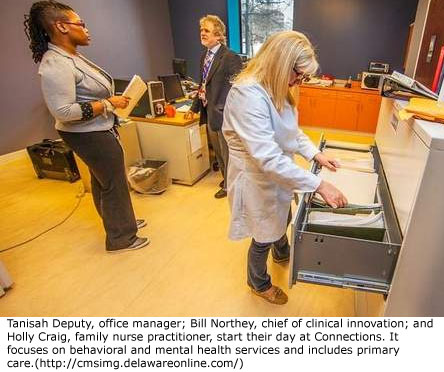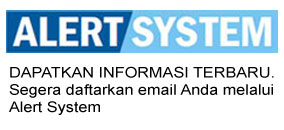 Seeking appropriate medical care often tumbles to the bottom of the priority list for many people who struggle with keeping a permanent place to live.
Seeking appropriate medical care often tumbles to the bottom of the priority list for many people who struggle with keeping a permanent place to live.
So they put off needed care, ignoring uncontrolled diabetes, kidney problems or a worsening skin infection until the situation becomes acute. And when the problem can’t be eased, they wind up in the emergency department or being admitted to the hospital.
It can become an expensive – and medically unsatisfying – cycle.
During a survey of Delaware’s homeless last summer, volunteer teams counted 108 people living on the streets who had either been hospitalized or treated at the emergency department in the last year, at an estimated annual cost of almost $5.5 million, about $51,000 per person.
“I think the major challenge is not that people experiencing homelessness don’t access medical care, because they do. It’s that they access expensive medical care like emergency rooms because they don’t have a medical home, said Susan Starrett, executive director of the Homeless Planning Council of Delaware, which helped coordinate the survey.
Several programs across Delaware are trying to help those who struggle with homelessness, lack of social support, chronic illness or other issues take charge of their medical care so they don’t wind up in the hospital or emergency department by default.
The intention is to empower patients to take control of their health using the mobile approach taken by the St. Clare Medical Outreach Van, which provides free primary care services for the uninsured and underinsured, or Christiana Care Health System’s Medical Home Without Walls, which has staff visiting patients where they are – whether it’s a home, shelter or on the streets – and when needed, accompanying them to their medical visits.
That doesn’t mean forcing unwanted decisions upon this vulnerable population, said Dr. Diane Bohner, medical director of the Christiana Care program.
“We don’t set the agenda for patients,” said Bohner, also medical director of Patient and Family Centered Care and resource management at Christiana Care. “They just want to figure out what the patient wants for themselves. One of the things I recognized is that everyone’s need is different. We assess to determine what’s the best intervention strategy.”
Source: delawareonline.com








